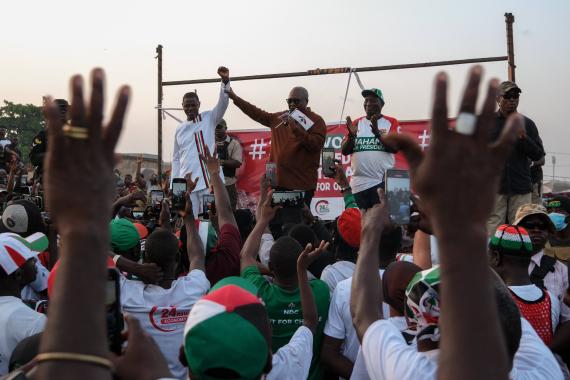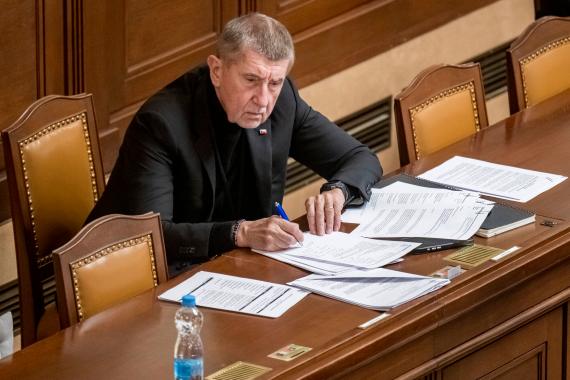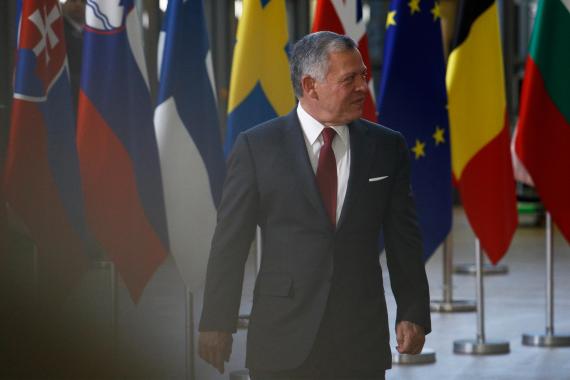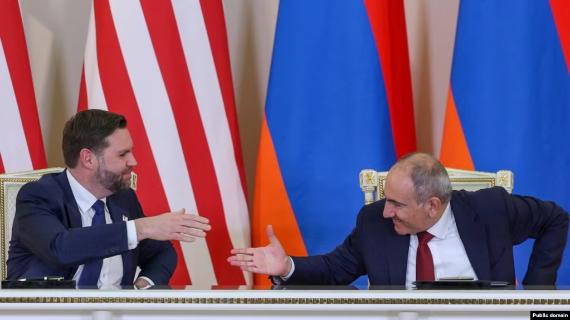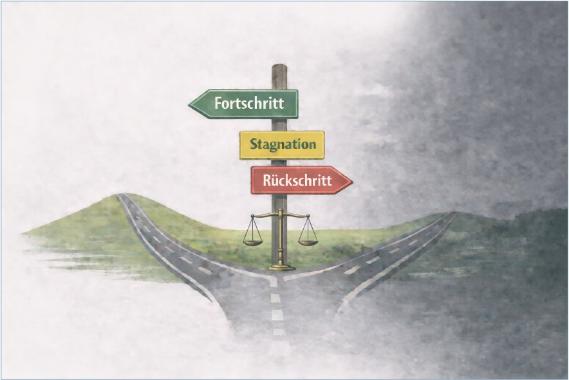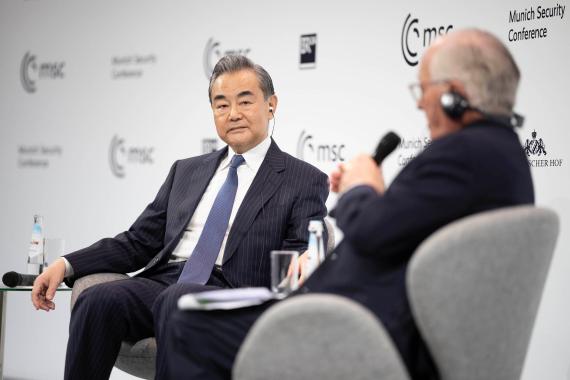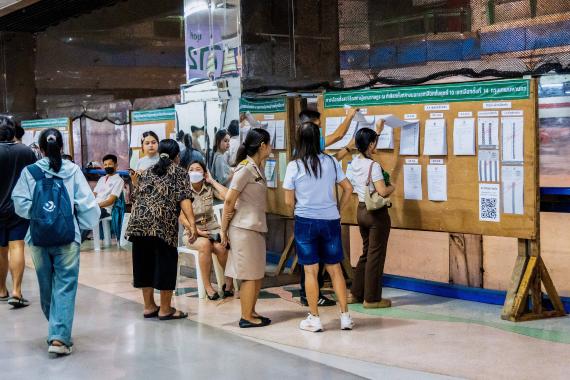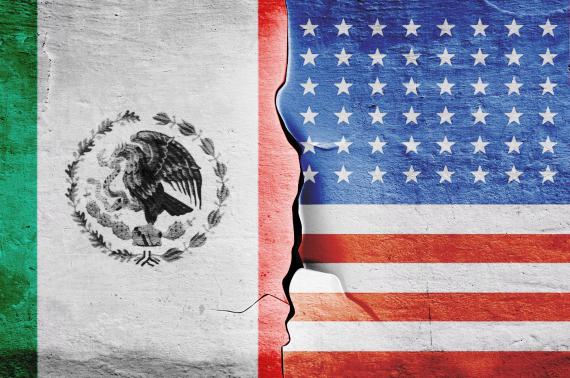Rule of Law in Southeast Europe 2025
A Region at the Crossroads: Progress, Stagnation, and Decline
At the end of 2025, the World Justice Project (WJP) has published the newest index on the Rule of Law developments worldwide. The data helps to draw a picture of the situation in the countries under scrutiny and present a broad range of information. This regional report synthesizes data from the World Justice Project Rule of Law Index 2025, the European Commission country assessments, and our own examination to provide an overview of judicial independence, corruption, government constraints, and fundamental rights across ten Southeast European nations. The region presents a complex landscape of diverging rule of law trajectories in 2025. While Croatia and Romania are regional leaders in the WJP Rule of Law Index, Serbia has become one of the countries with the sharpest decline worldwide. Bulgaria and Moldova have shown weaknesses, and Bosnia and Herzegovina and Kosovo have undergone difficult developments. Montenegro, North Macedonia and Albania are showing some improvements in their rule of law. Finally, corruption remains a universal challenge in the region.




